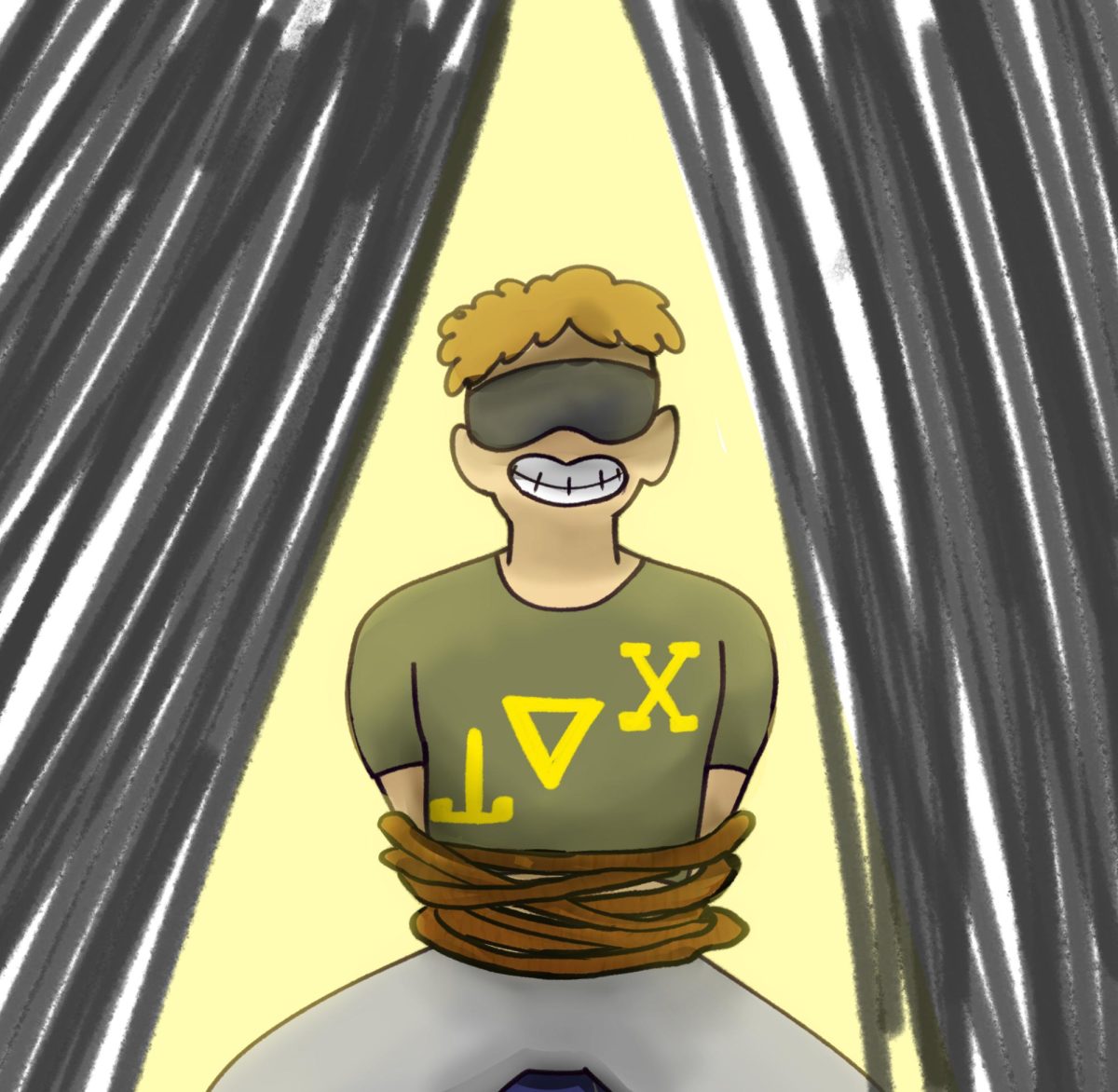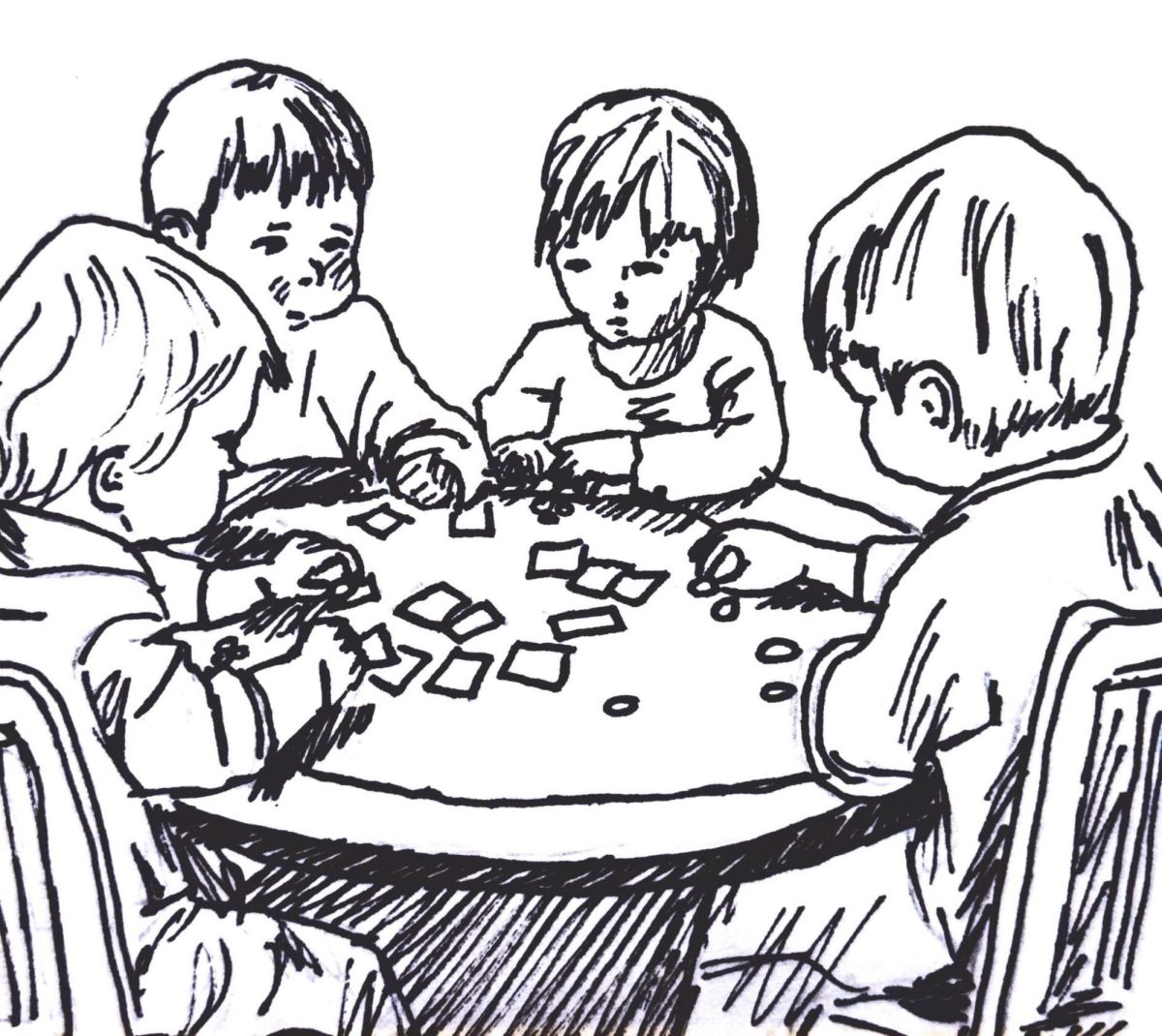Photo by Daniel Conrad
It’s graduation season at Trinity, but not for me. I graduated a year ago, in May of 2018.
In the year since, I’ve become a working adult, moving to Santa Fe, New Mexico to do research at Los Alamos National Laboratory. The most difficult part of this transition was the sudden glut of free time I had in my evenings and weekends, unburdened by homework or assigned readings.
It’s been easy to use most of this time watching TV and movies, gaming, catching up with college friends via text and social media, listening to podcasts and, of course, exploring the nature and culture of my new city. This wasn’t a bad use of time, but it wasn’t the same as the continuous, rigorous learning that occurs in college, despite procrastination.
That changed recently when, after arriving home from work and making dinner, I had no desire to do any of the things that I usually filled my evenings with. Instead, all I wanted to do was open up a textbook on quantum mechanics that I hadn’t read as thoroughly as I should have while taking Physical Chemistry II at Trinity.
I felt a deep relaxation as I started reading about confocal ellipsoidal coordinates and total derivatives. It was nice to be learning again after 10 months! It felt freeing to deeply engage with material I didn’t know, authentically and of my own volition, without the pressure of a homework deadline.
The takeaway here is relevant to any Trinity graduate regardless of major, employment status or career goals. It starts with thinking back to the promise that Trinity makes as a liberal arts institution and the point of a curriculum that obliges students to take many classes outside of their major. Namely, Trinity does not just prepare students for jobs, but it gives us the intellectual tools to think critically about the world and to be good citizens in it.
This entails realizing both that the fields that Trinity offers degrees in are constantly changing alongside the world and that a few years of classes is obviously insufficient to convey all the interesting information about any discipline. The point of a Trinity education, then, is to expose us to enough new and seemingly disparate ideas to inspire curiosity and to give us the skills to make self-driven learning after graduation accessible.
Further, even if it were true that a degree at Trinity came with all the knowledge one might want about a discipline, there are relatively few courses at Trinity that focus on unifying the lessons of different disciplines and courses taken across departments into a coherent whole.
In a sense, this is surprising. Every field of study represents a subset of information and knowledge within the unity that is the world. Shouldn’t we think about how seemingly disparate modes of thought and sets of facts fit together?
It was only after graduation that I had the time to sit down and think about how, say, the derivation of the Navier-Stokes equations relates to questions of realism in philosophy of science or how a course on Islamic history relates to the methods of literary analysis developed in the 20th century. Of course, one can — and probably should — do this kind of thinking while at Trinity, but that extra level of meta-thought is difficult when homework deadlines loom.
So, to current graduates from one who is a year out, feel free to relax and take a break from rigorous, applied study and learning for a while (unless you’re going to grad school). Let all the ideas that accumulate over the course of a degree float around for a few months. Then, when you’re ready and have had a chance to become familiar with everything you’ve learned, like material in a low-level course which becomes routine when one enrolls in a high-level course, decide to start learning rigorously again.







Henry Alexdren • Jul 17, 2019 at 10:19 am
This buffoon places “post baccalaureate’ next to his name. What a wonderful world when self-important, silly irrelevants labor to feel important
Sarah Jo'on Yeoung • May 12, 2019 at 11:49 am
How’s unemployment going for you? Trinity does nothing but set rich kids up for despair. Not everyone has rich mommies and daddies who can fund your extensive travel abroad. Get a clue!